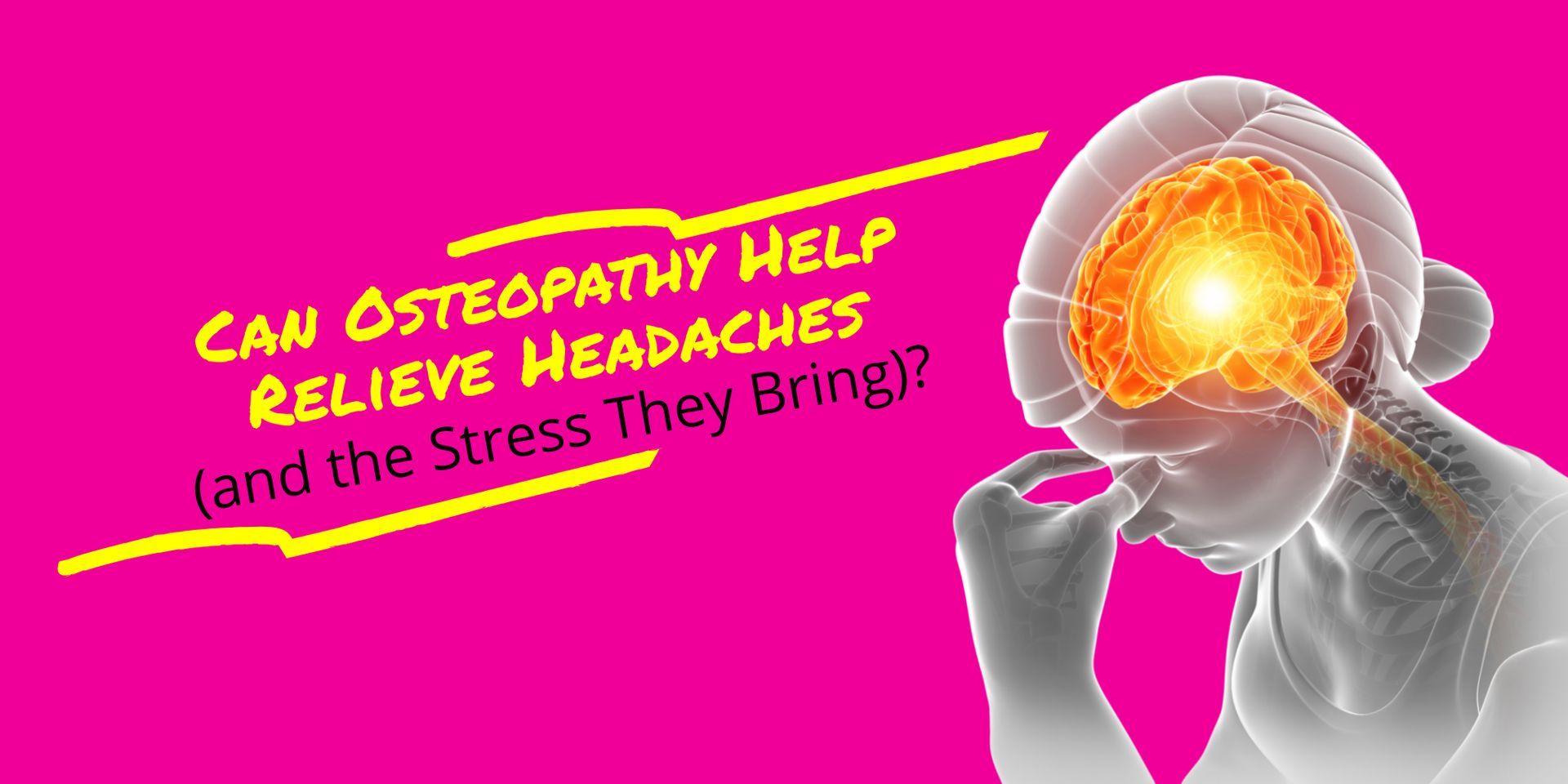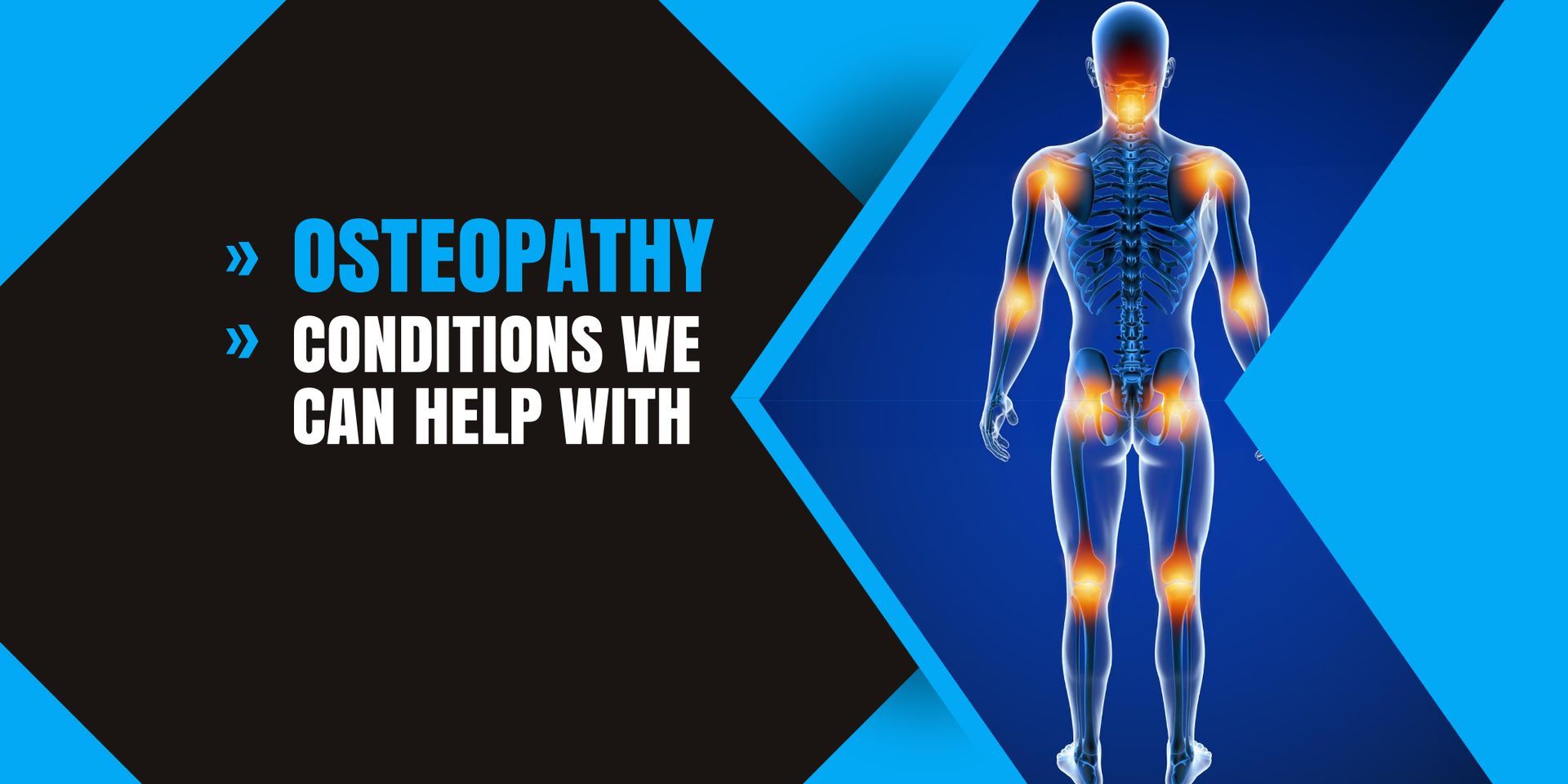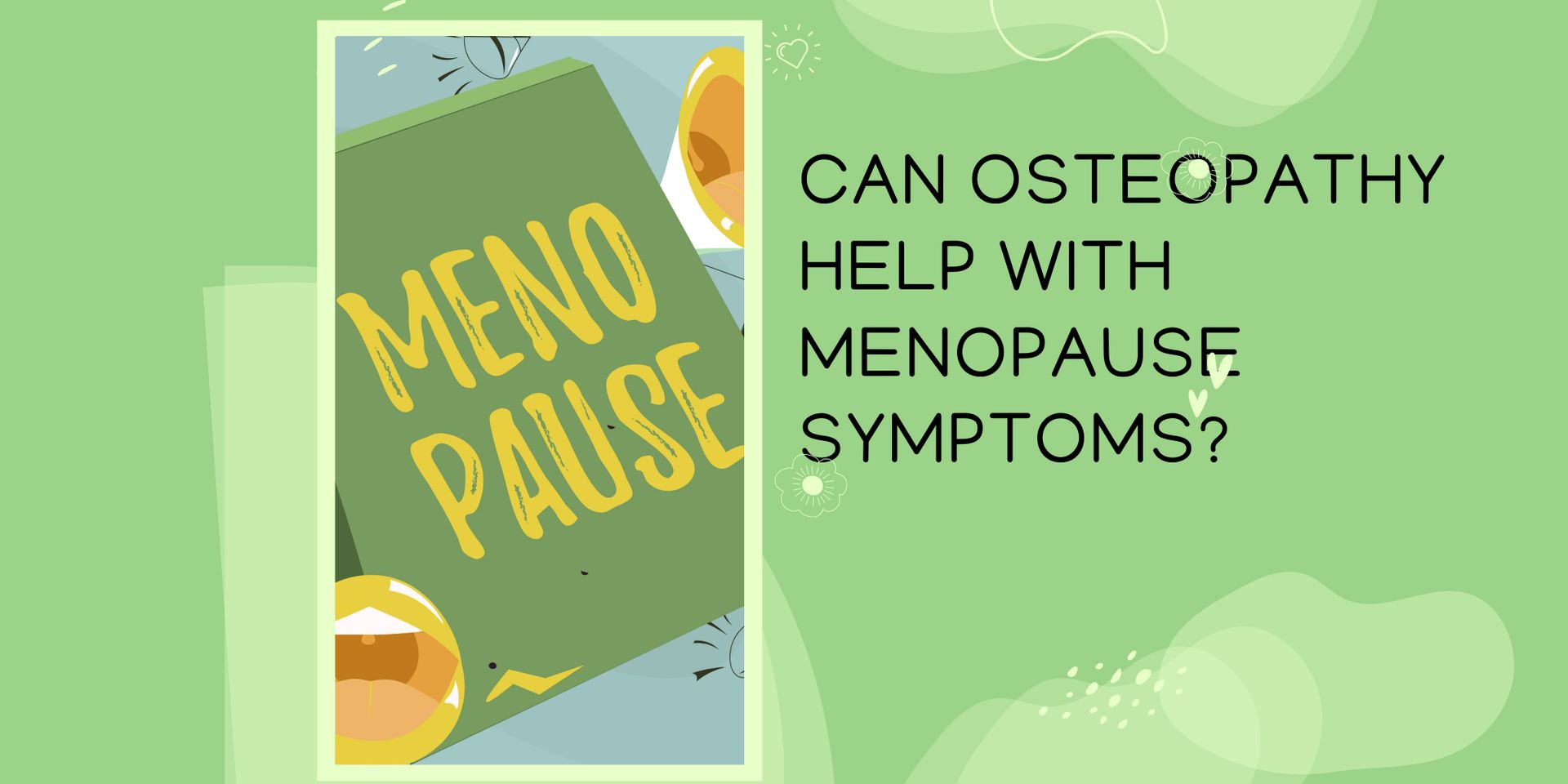What is Repetitive Strain Injury (RSI)
RSI encompasses a range of injuries to muscles, nerves and tendons in the upper limbs

Repetitive Strain Injury (RSI) encompasses a range of injuries to muscles, nerves and tendons in the upper limbs. These are all caused by repetitive movement and overuse.
Usually, the condition affects the forearm, elbow, wrist, hands, neck and shoulders and can cause significant pain. However, the degree of discomfort varies between individuals.
Other symptoms of RSI can include tenderness, stiffness, a tingling sensation or numbness and cramp in any of the joints above.
Office workers spend a large proportion of their day sitting at a desk doing repetitive tasks such as typing or talking on the phone. This means they are at increased risk of developing an RSI. You can also suffer an RSI through sports such as tennis.
What are the risks of suffering an RSI?
Since an RSI is usually caused by doing an activity repeatedly, there are various factors which could increase your risk. The three primary causes of RSI are poor posture, poor technique and overuse. Other risks include:
- Stress as this causes tension in your back and neck, which can lead to injury. Working in a high -pressure environment is a significant cause of stress.
- Cold temperatures
- Using a computer for more than two to four hours a day
- Not taking enough regular breaks
- Have a sedentary lifestyle with little if any exercise
If you ’ re suffering with symptoms that could be due to employment-related RSI, speak to your line manager or employer about your concerns.
Alternatively, consult your occupational health representative about your symptoms who will be able to ensure your work environment is suitable and/or modify your tasks to help relieve your symptoms.
Every employer has a statutory duty to prevent work-based RSI and offer help to anyone who has the condition to stop it getting worse.
Most companies carry out an initial risk assessment when you join a company to ensure your working environment is comfortable and suitable for your needs.
Depending on the severity of your problem and whether or not it continues despite alterations to the way you work, it ’ s advisable to see an Osteopath.
Sometimes it is necessary to stop doing an activity altogether to stop the symptoms.
Can osteopathy help relieve RSI?
Osteopathy can help to relieve the pain and symptoms of RSI through soft tissue stretches, strengthening exercises and joint mobilisation.
Treatment not only promotes recovery, it can also help to minimise recurrence. Your osteopath will be able to devise a treatment plan based on your individual needs.







